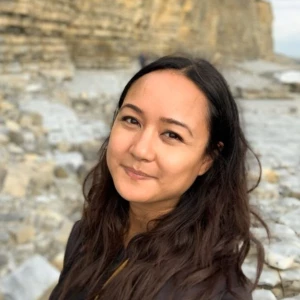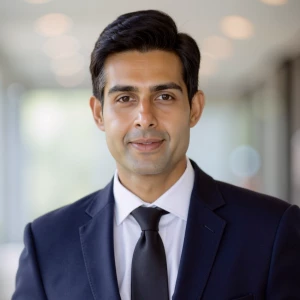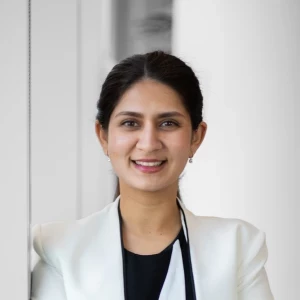I have got a friend who was asked at Bain Final Round Interview the following question “Bill Gates wants to buy Spain. How would you value it?”.
What would you structure this problem ?
I have got a friend who was asked at Bain Final Round Interview the following question “Bill Gates wants to buy Spain. How would you value it?”.
What would you structure this problem ?


This is a cool question!
I actually think the more vague the question, the more the interviewer wants insight into how you think. They're looking to see whether you can be a good brainstorm/sparring partner and how you think on your feet. Key will be to demonstrate (1) basic problem solving skills and (2) thinking outside the box.
As with all case interviews, always feel comfortable clarifying the question and get the interviewer to reveal more information that might be relevant. After all, we wouldn't write a proposal or start a real client case without confirming the scope etc from the client. This isn't "interview technique" - this models what happens in real life client engagement.
So definitely cover your bases by thinking through typical economic health metrics/measures such as GDP, assets including financial assets etc.
You could also go beyond the obvious and talk about less tangible measures of wellbeing (i.e. not just economic wellbeing). Things like Gross National Happiness (used by Bhutan) or the UN Human Development Index (HDI) - both include metrics that indicate potential future value such as health, education, productivity etc. You could think about measures of Natural Capital, including carbon offsetting potential (more relevant for nature-rich countries that can monetise forestry and agricultural offsets).
At the end of the day it would be meaningless to ‘fold’ all these dimensions into a singular dollar value so implementing a calculation is not the goal of exploring other dimensions, but by thinking laterally you are demonstrating that (1) you can go beyond the obvious and (2) you recognise that there are often intangible value drivers that make something distinctive (whether we're talking about countries, companies or candidates).
I would assume that the direction we would have to take is to calculate the GDP of Spain. This would help quantify in monetary value, all of the final goods and services. The equation for GDP is the following:
GDP = Consumer spending + Business Investment + Government Spending + (Total Exports - Total Imports)
I hope this helps!


That's a really strange one.
So, the more vague the problem statement is, the more you're in trouble.
The first step I would take is to clarify with the interviewer ‘what they mean by Spain’.
Are we talking about Spain's economy?
Are we talking about Spain's assets?
Are we including the people? The art? The natural reserves? The religion?
Asking these questions is already a huge step forward because you are showing to the interviewer how you are thinking through the question.
Most likely, the interviewer at this point will suggest that you focus on the economy/assets and take a GDP-related approach.
Feel free to come up with a few suggestions yourself, and I'll be happy to provide feedback.
Best,
Cristian

Hi there,
This is a tough one that requires a lot of additional probing in the very beginning to define the scope first. Otherwise, you are boiling the ocean and might go into an unfavorable direction.
Things to consider early on and clarify with the interviewer:
The interviewer might give you a preference and that's where the real market sizing starts…
Based on whatever that is you could follow one of the three:
All the best,
Florian

There are many ways to do this - three listed below :

Hi there,
The answer depends completely on the clarifying questions + answers.
Ultimately, you could decide to go economic, in which you need their GDP + proejcted growth and the NPV of that.
Alternatively, you could try their financial/economic + intrinsic value as well.
Check out this for more market sizing practice: Market Sizing Analysis: Approaches, Techniques, and Exercises (preplounge.com)

First, you need to get clarity on the Goal.
Are you estimating how much is Bill Gates willing to pay for Spain (and that requires knowing what he wants to do with it); or what is the “market value” of Spain? These will lead to different approaches.
On how to do it afterwards, you already have some good answers here.














